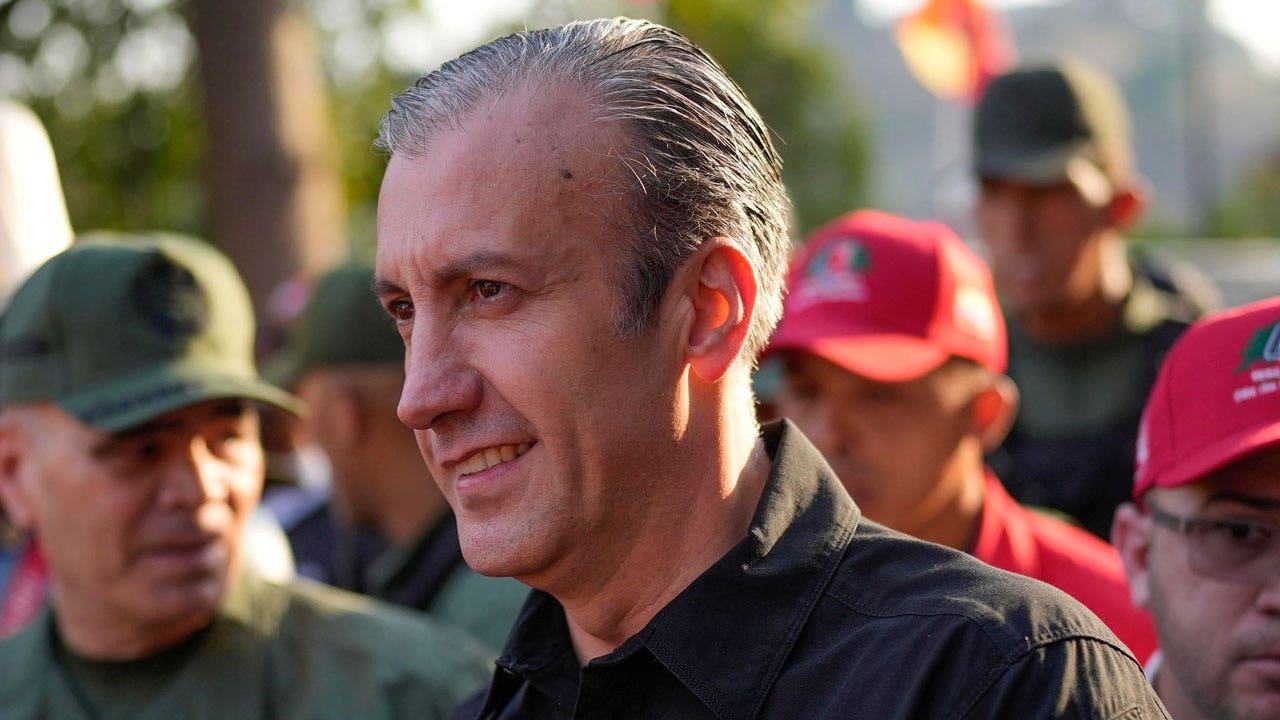A law allowing victims of government-caused nuclear contamination who developed cancer and other illnesses to receive federal compensation was set to expire on Friday, amid an impasse in Congress over significantly expanding eligibility for the program.
The law, known as the Radiation Exposure Compensation Act, was enacted more than two decades ago in an effort to make amends to civilians sickened by the legacy of the nation’s aboveground nuclear testing program. It has paid out more than $2.6 billion in benefits to more than 55,000 claimants since its creation in 1990.
But without congressional action, individuals sickened by exposure to nuclear radiation will no longer be able to apply for compensation and could eventually lose access to free cancer screenings provided by local clinics provided under the law.
“The Senate has passed this legislation twice. The House has passed nothing,” Senator Josh Hawley, Republican of Missouri, who has led efforts to expand the law, said in an interview. “They’ve done nothing. And the message, I guess, to our radiation survivors, to our veterans, to people across the country who’ve literally given their health and their lives to this country, is, ‘We don’t care, and good luck to you.’”
Driving the impasse on Capitol Hill is a fight over whether to substantially broaden the program to include wide swaths of the country that were affected by aboveground testing — people known as “downwinders” — as well as individuals sickened by exposure to toxic nuclear waste produced by uranium processing plants across the nation.
The original law was written with an exceedingly narrow scope. It excluded large constituencies of those affected by the testing, including in substantial portions of Arizona, New Mexico and Nevada. They left out altogether communities in areas such as Idaho, Montana, Colorado. And they provided no reparations for communities like St. Louis, where scores of people have been sickened by radioactive waste from nearby uranium processing sites that was never properly disposed of.
The Senate in March passed legislation led by Mr. Hawley and Senator Ben Ray Luján, Democrat of New Mexico, that would significantly broaden access to the fund.
The White House endorsed the legislation, but the bill’s proponents ran into headwinds in the Republican-led House, where Speaker Mike Johnson balked at the potential costs, which are estimated to be as much as $40 billion. Some attorneys who handle RECA claims have also expressed concerns that the office that processes the claims, composed of 16 employees, would not be equipped to handle the new volume of submissions that would come in if the law were dramatically expanded.
Mr. Johnson proposed a vote on a simple renewal of the law — which would not expand eligibility for the program, but keep it from shuttering until 2026. A bipartisan group of lawmakers, both in the House and Senate, told him that they would not vote for a program that left out their constituents when the Senate had already overwhelmingly approved legislation broadening access.
Lilly Adams, the senior outreach coordination for the Union of Concerned Scientists, who has worked with lawmakers to push forward the bill expanding the program, said the two-year extension proposed by House Republican leadership “would only perpetuate an injustice and allow Congress to ignore its responsibility to these communities.”
“Dragging out this process is cruel to all the people coping with radiation-linked illnesses who are waiting to see if they will be able to access lifesaving support,” Ms. Adams said. “It is also cruel to those currently eligible to allow RECA to lapse.”
Proponents of the legislation to broaden eligibility are eyeing attaching the measure as an amendment to the annual defense policy bill, which is considered one of the few remaining bills Congress must pass this year.
Guidance issued by the Department of Justice last year said that it would continue to process existing claims, as well as claims bearing a postmark of June 10. More than 400 people have already filed for compensation and are waiting for the department to assess their claims.
Other eligible claimants could be blocked entirely.
Maggie Billiman, the founder of Sawmill Diné Warriors, an advocacy group aiming to inform members of the Navajo Nation about RECA, said she recently met with a former uranium miner from southern Utah battling cancer who had driven hours to meet with her.
It was only then that he realized he was eligible for federal compensation — but she had to tell him that he only had days left to file.
“I was thinking this morning,” said Ms. Billiman, who herself suffers from thyroid and pancreatic diseases associated with radiation exposure. “If you didn’t sign the bill on the 7th, what do we do? So I just go home and die?”






